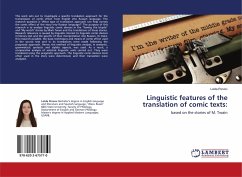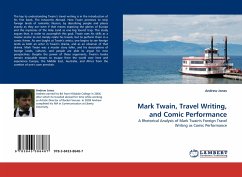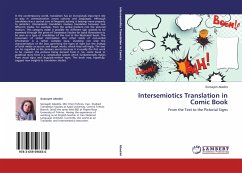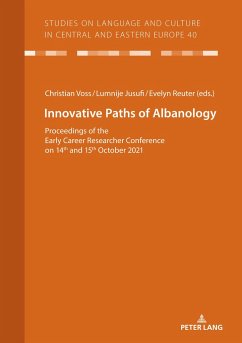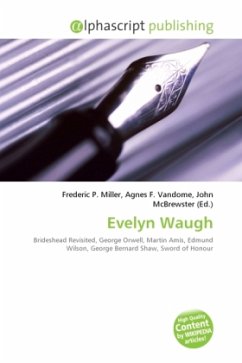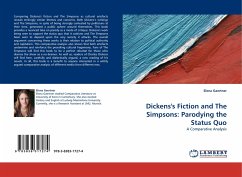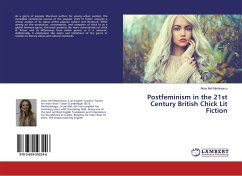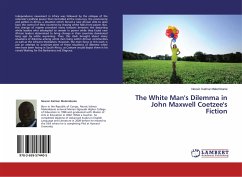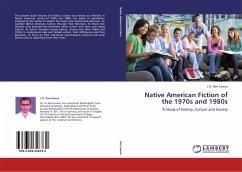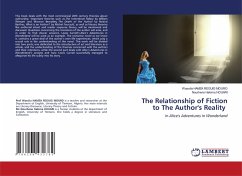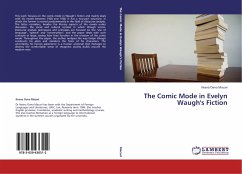
The Comic Mode in Evelyn Waugh's Fiction
Versandkostenfrei!
Versandfertig in 6-10 Tagen
41,99 €
inkl. MwSt.

PAYBACK Punkte
21 °P sammeln!
This work focuses on the comic mode in Waugh's fiction and mainly deals with his novels between 1928 and 1938. It has a two-part structure, in which the former is rooted predominantly in the field of discourse analysis. The latter considers, besides the literary aspects of the novels under discussion, the social and cultural context in which Waugh wrote. Discourse analysis techniques and principles are focused on the "use of language", "speech" and "conversation", and the paper deals with such concepts at large, seeing how they function in the creation of the comic mode. Throughout the paper, ...
This work focuses on the comic mode in Waugh's fiction and mainly deals with his novels between 1928 and 1938. It has a two-part structure, in which the former is rooted predominantly in the field of discourse analysis. The latter considers, besides the literary aspects of the novels under discussion, the social and cultural context in which Waugh wrote. Discourse analysis techniques and principles are focused on the "use of language", "speech" and "conversation", and the paper deals with such concepts at large, seeing how they function in the creation of the comic mode. Throughout the paper, the author analyses the way Evelyn Waugh constructs his plots and ministers the fates of his characters. The uncertainty his heroes experience is a human universal that manages to destroy the comfortable sense of smugness society builds around the modern man.



